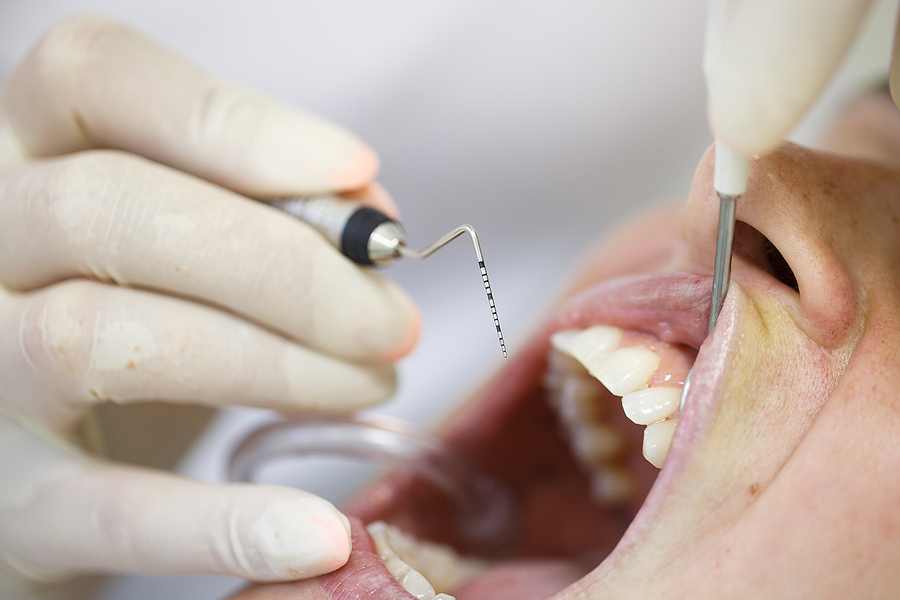- Home
- About
- Services
- Nitrous Oxide
- Veneers
- Dentures
- Emergency Dentistry
- Tooth Extractions
- Implants
- Botox And Fillers
- Laser Dentistry
- Restoration Dentistry
- General Dentistry
- Cosmetic Dentistry
- Oral Surgery
- Endodontics
- Orthodontics
- Periodontics
- Sedation Dentistry
- Dental Crowns
- Gum Disease
- Gingivitis
- Whitening
- Oral Cancer Screening
- Receding Gums
- Pediatric Dentistry
- Root Canals
- Same Day Dentistry
- Nightguards
- Fillings
- Bridges
- Internal Bleaching
- Alveoloplasty
- Wisdom Teeth Removal
- Clearcorrect
- Bone Graft
- Crown Lengthening
- Sinus Lift
- Implant Restorations
- For Patients
- Reviews
- Contact
Every dentist and dental hygienist will tell you that routine checkups and teeth cleanings are important. While this is true, it is important to explain the reasons these visits benefit our patients. Dental visits can not only catch issues with your oral health, but they can also improve your smile and prevent dental problems down the road. Here are some of the practical benefits of maintaining routine checkups and cleanings.
- White, Brighter Smile
Everyone wants their teeth to look white and bright. Teeth cleanings are important to remove tartar and plaque from your teeth to prevent periodontal disease and decay, but you also get a cosmetic benefit. When your teeth are cleaning and polished, they look brighter and feel smooth for a more attractive smile. - Improved Breath
Bad breath odor is often caused by bacteria in the mouth. Some of the bacteria that cause bad breath hide in the tartar on your teeth that cannot be removed with brushing or flossing. A thorough teeth cleaning will ensure all the tartar and bacteria are removed, which can help improve the smell of your breath. - Reduce Dental Costs
Saving money on dental costs is important to most of our patients. Dental cleanings and checkups are the best way to reduce your dental expenses by maintaining your oral health. Most dental insurance plans cover preventive care 100%. If you do not have dental insurance, we have an affordable in-house discount plan to cover your cleanings and checkups. Plus, catching dental issues early can reduce the cost of treatment in the long run. - Prevent Tooth Loss
Gum or periodontal disease is the main cause of tooth loss. In most cases, gum disease is preventable with good oral hygiene at home and routine dental cleanings. The bacteria in plaque and tartar are responsible for deterioration of the gum tissue and bone that results in tooth loss. Maintaining regular dental cleanings visits – usually at least twice a year – along with daily oral hygiene, can prevent tooth loss from gum disease.
When you keep up with your regular dental visits, you can enjoy a healthier smile that costs less to maintain. At First Smile Family Dental in Federal Way, we welcome the opportunity to care for your teeth and gums. We are your source for family dental care for kids, teens and adults – call us today to schedule your next checkup and cleaning to get the benefits of routine dental care.
Posted on behalf of
More Blog Posts
Visit Our Office
Federal Way, WA
32717 1st Ave S., Suite 9, Federal Way, WA 98003
Email: info@firstsmilefamilydental.com
Book NowOffice Hours
- MON - WED9:00 am - 7:00 pm
- THU - FRI9:00 am - 5:00 pm
- SAT9:00 am - 4:00 pm
- SUNClosed
32717 1st Ave S., Suite 9,
Federal Way, WA, 98003
Phone: (253) 785-7323Text Us: (253) 785-7323






